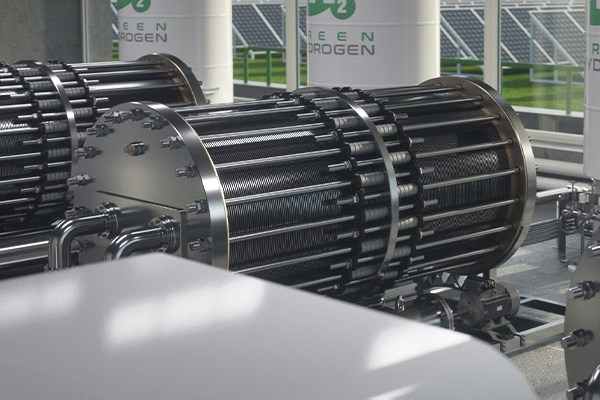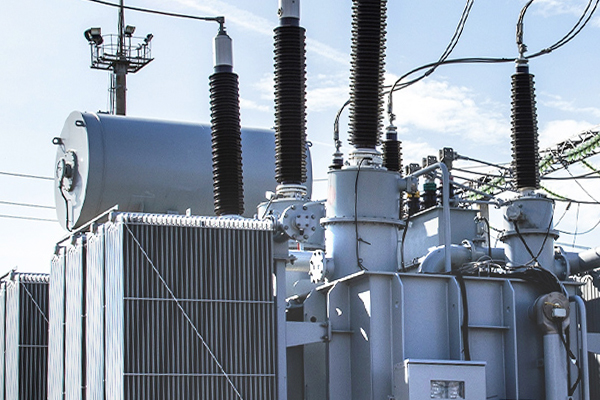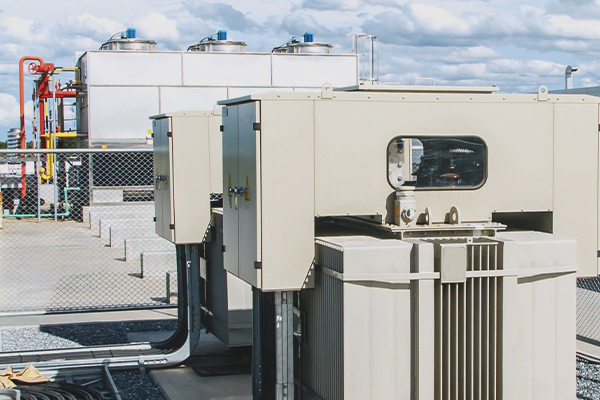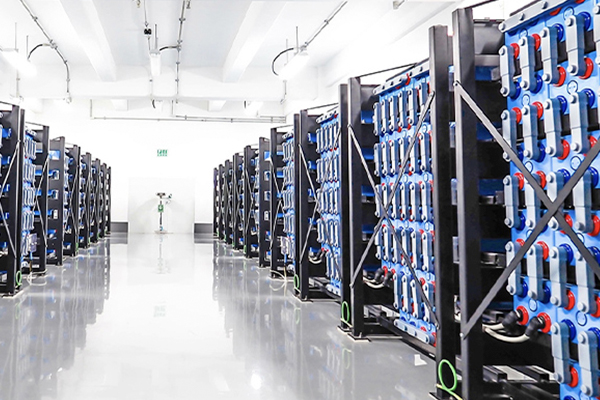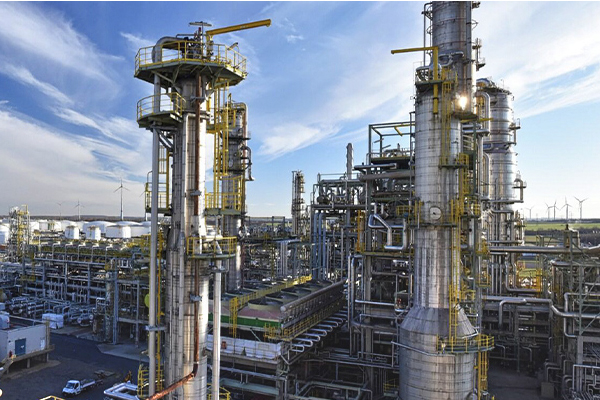Product Applications
Frequently Asked Questions
Can a gas detector detect hydrogen?
A gas detector can detect hydrogen if designed for hydrogen detection to accurately identify hydrogen presence and concentration levels. These devices use advanced sensing technologies to detect and measure hydrogen levels in the environment that they were designed for.
How does a hydrogen sensor work?
Hydrogen sensors work by measuring changes in specific properties of the materials that are used by the hydrogen sensor. For instance, solid state sensors absorb and desorb hydrogen, altering the material’s electrical properties that are measured. Catalytic and electrochemical sensors measure heat or current changes caused by hydrogen reactions.
What is the principle of hydrogen detection?
The principle of hydrogen detection varies based on the different sensor technologies. Electrochemical Sensors detect current changes that are a result of hydrogen oxidation or reduction. Catalytic Sensors measure the heat produced by hydrogen combustion on a catalyst. Semiconductor (or solid-state) sensors measure the electrical conductivity changes resulting from hydrogen’s interaction with the sensor material. And optical sensors detect changes in the light properties caused by the presence of hydrogen.
What is the mechanism of hydrogen sensing?
The hydrogen sensing mechanism varies based on the different sensor technologies. Electrochemical Sensors measure current changes that are a result of hydrogen oxidation or reduction. Catalytic Sensors measure the heat produced by hydrogen combustion on a catalyst. Semiconductor (or solid-state) sensors measure the electrical conductivity changes resulting from hydrogen’s interaction with the sensor material. And optical sensors sense changes in the light properties caused by the presence of hydrogen.
What is the range of hydrogen sensors?
Hydrogen sensors have a wide range of measurement capabilities. Hydrogen sensors can detect concentrations from parts per million (ppm) all the way through a 100% concentration. The range of hydrogen sensors depends on the sensor type, accuracy requirements, presence of other gases and compounds, and the intended application. Choosing a sensor with the correct detection range is crucial for meeting specific safety requirements.
How do you detect hydrogen?
Hydrogen is detected using sensors that track changes in electrical, thermal, or optical properties in the presence of hydrogen. These sensors are part of systems designed to monitor and alert for sudden or continuous hydrogen presence.
What does a hydrogen leak smell like?
Hydrogen has no smell. It is completely odorless so cannot be detected by smell.
Are gas sensors expensive?
Gas sensor costs vary widely depending on the gas being measured, the underlying sensor technology, the sensor sensitivity, and the application that the sensor was designed for. The cost of gas sensors also depends on the sensors’ operating life, accuracy over time and environmental specifications.
Can you see hydrogen gas?
You cannot see hydrogen gas, it is invisible to the naked eye. Its colorless nature makes visual detection impossible, emphasizing the need for reliable detection systems.


